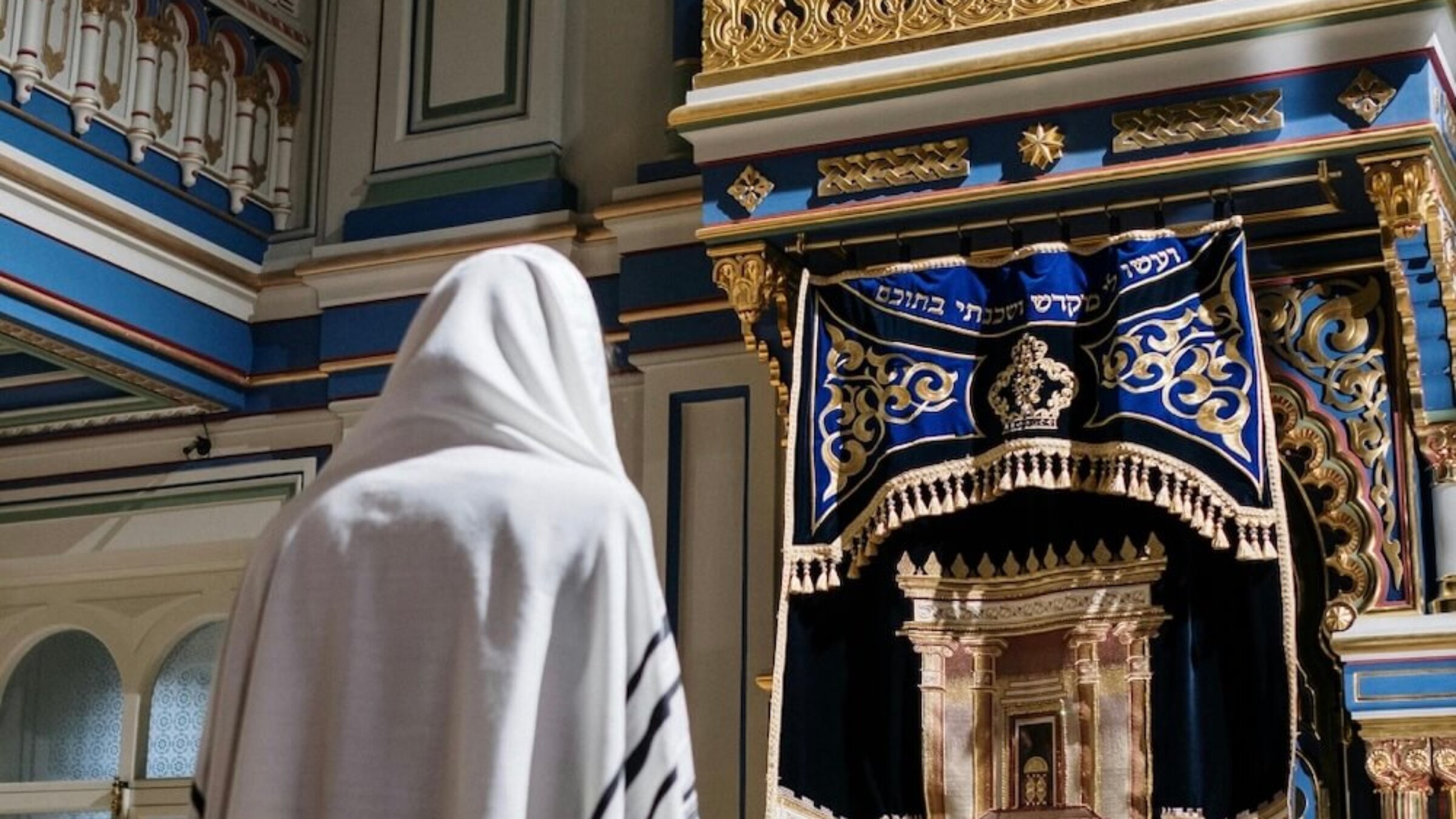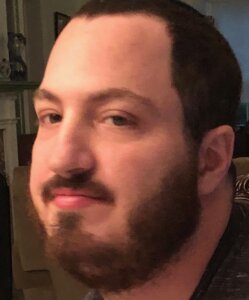Pleading with God, pleading with Social Security
For this author, the High Holiday prayer Hineni has special resonance now

Photo by pexels / Cottonbro Studio
Every year on the High Holidays, one of the most striking prayers is called Hineni. It begins with the leader admitting: “Hineni he’ani mima’as” — “Here I am, poor in deeds, trembling and afraid, yet standing before You to plead on behalf of the community.”
You don’t need to understand the Hebrew to recognize the feeling. It’s the posture of someone who knows they’re not in control, but has no choice except to ask for mercy.
I thought about that prayer recently when I received a letter from Social Security denying my disability claim. Like so many others who go through this process, I had put together all the documentation, all the medical support, all the evidence that seemed obvious. And then: one form letter, bluntly stating “denied.”
That moment felt like Hineni. Here I am, I’ve done everything I could, and yet I still have to stand before a power that can dismiss me with a few words. In synagogue, the hope is that God listens. With Social Security, you’re not so sure.
For people unfamiliar with synagogue liturgy, pleading with God may sound foreign. But pleading with a government office? That’s something many Americans know too well. Whether it’s a denied medical claim, an immigration case, or a disability application, we all recognize the feeling of having to beg a system to see us as human.
That’s why I think Hineni still matters. It isn’t just a prayer from another era. It’s a mirror of how powerless we can feel in modern life.
In the prayer, there’s at least the belief that God responds with compassion. In government, shouldn’t we expect at least the same? Shouldn’t a system be designed to help people err on the side of mercy rather than denial?
I’m not asking Social Security to be a synagogue. But I do believe the test of a society is how it treats those who are vulnerable. Right now, our disability system too often leaves people pleading like supplicants instead of being treated like neighbors.
Whether you stand before God or before a government office, saying “Here I am” deserves an answer rooted in dignity.
As the High Holidays approach, I’ll hear the Hineni prayer differently. Not just as a religious tradition, but as a reminder of what it feels like to stand small before power, asking simply to be heard.
















